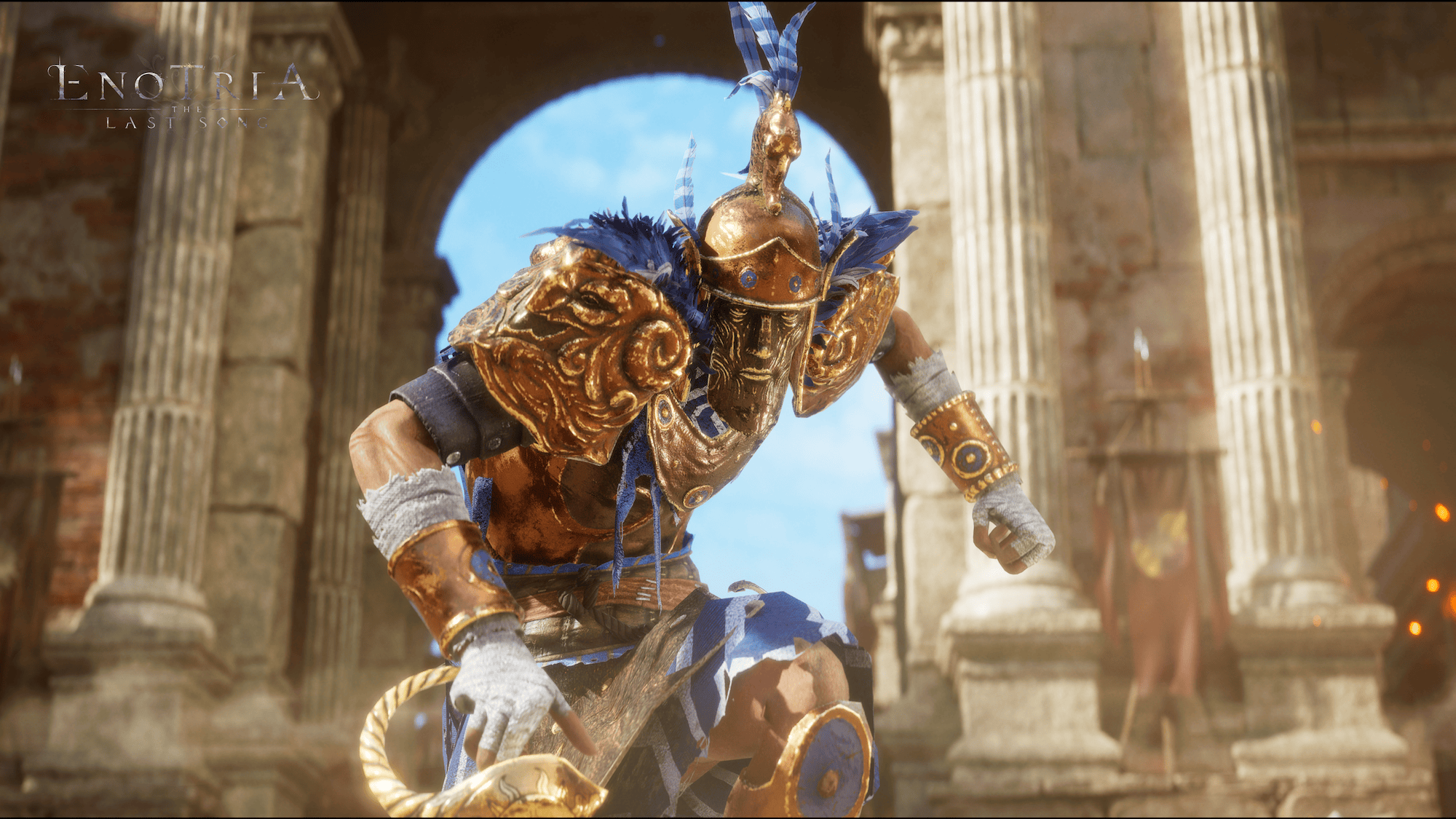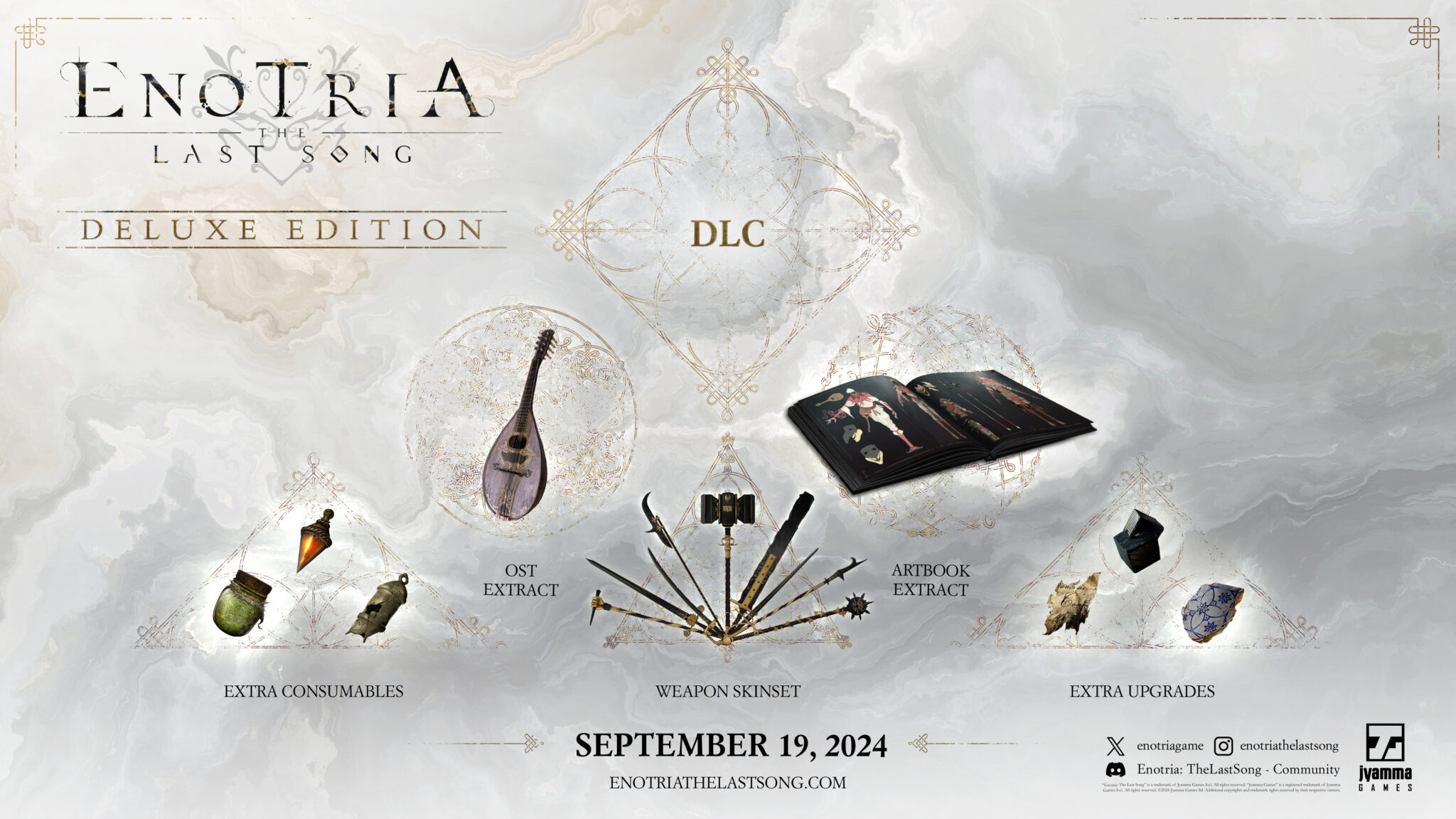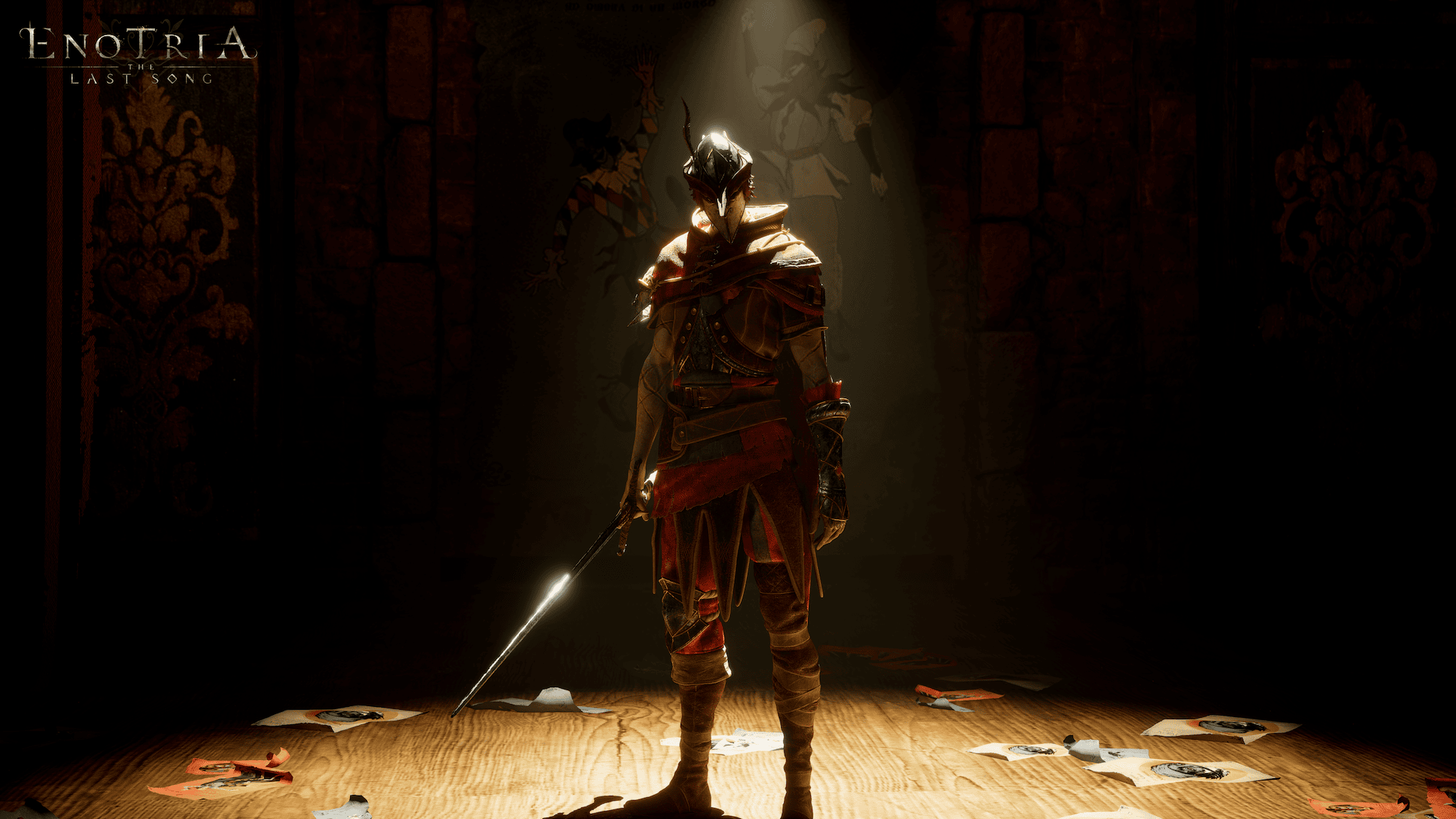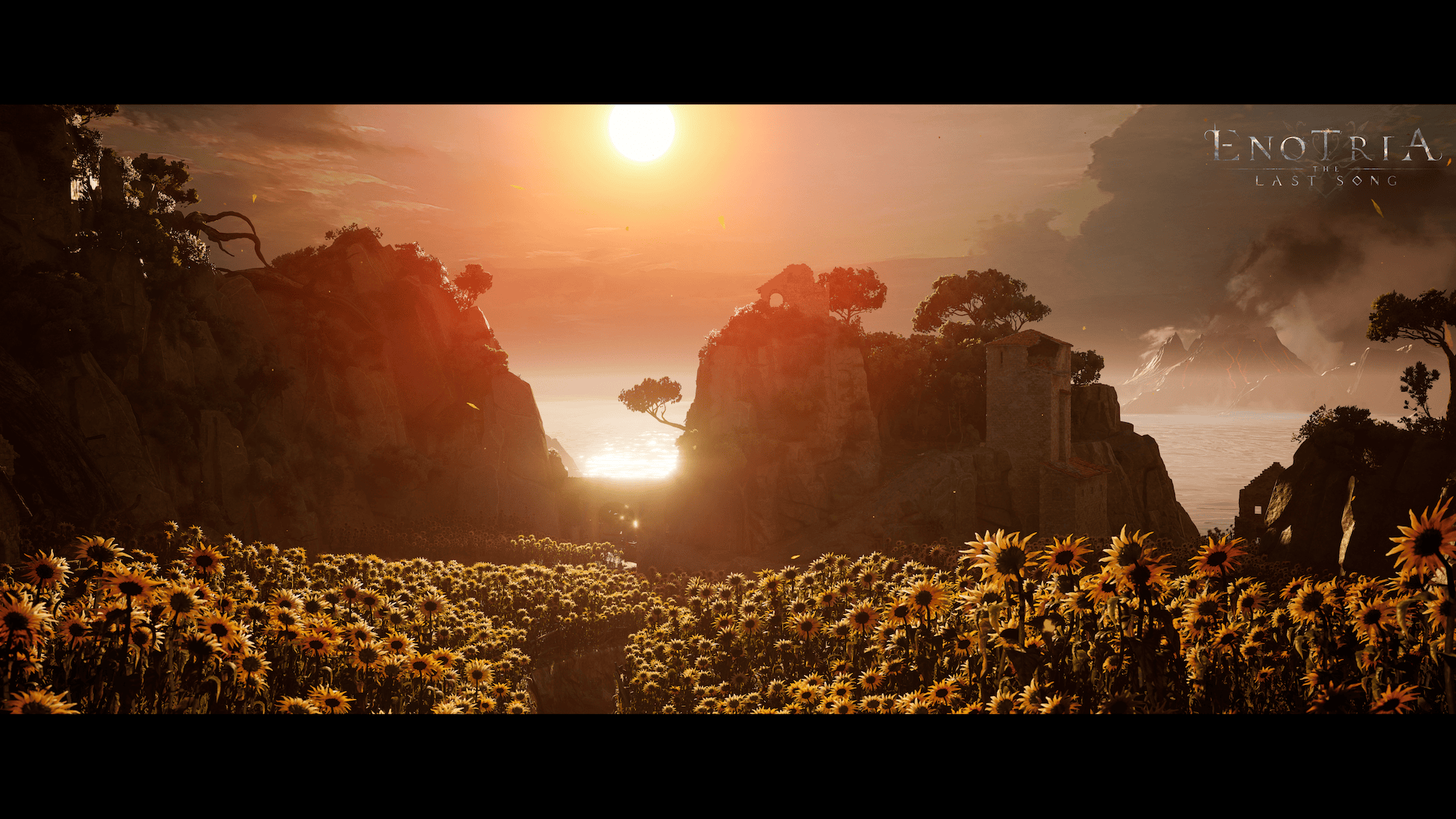
Enotria: The Last Song announces Physical Edition and Deluxe Physical Edition with soundtrack
Jyamma Games today announced a physical edition of the eagerly anticipated soulslike action-RPG Enotria: The Last Song, launching on PlayStation 5 and Xbox Series X simultaneously with the game’s digital release on September 19, 2024.
A physical Deluxe Edition, available exclusively on PS5, is also available to pre-order today, featuring a copy of the full game and bonus downloadable content, including an additional weapon skin set, upgrades and consumables, plus a digital artbook and digital soundtrack.
Enotria: The Last Song is a soulslike action-RPG set in a beautiful sun-lit world inspired by Italian folklore, including the epic soundtrack.
I spoke briefly with Aram Shahbazians the Audio Director and Composer of Enotria, to find out more the musical inspirations that influenced the awesome soundtrack.

Robin: Aram, thanks for chatting with me. How would you describe the music of Enotria?
Aram: It’s a journey across several Italian musical traditions. The starting point in its development was Italy’s rich folk music tradition, but as players explore different regions in the game, they encounter a diverse array of influences, from Gregorian chants to late Renaissance and early Baroque flavors.
These musical transitions mirror the game’s visual and environmental changes. Given that Enotria is a combat-based game, the music plays a crucial role in enhancing the player’s experience. It needs to evoke a sense of adrenaline and tension, and here’s where the Italian fast-paced dancing styles came to our rescue.

What research did you to help inform the composition process?
Getting in touch with performers specialized in various traditional styles was crucial. In Italy, we have a long tradition of frenetic and upbeat dances often linked to mystical elements, or that mimic sword and knife fights. The most well-known type of dance is probably the Tarantella.
The original Tarantella is a very ancient dance linked to thaumaturgical properties, believed to cure the bite of wolf-spiders (tarantulas) by using convulsions to sweat the poison out of the body in a wild dance. Some historians believe its origins were influenced by the Bacchanalian rites.
Over the centuries, the dance lost its magical meaning and became more sensual and connected to courting. But there are countless other styles and sub-styles of music and dance that vary significantly from region to region.
On top of that, it was a fantastic experience to discover so many instruments with unique sounds, such as the Calabrian lira or the Battente, which helped shape the style of Enotria’s soundtrack. It’s been a journey down the rabbit hole that is still far from over because we have only brushed the surface of what Italian musical traditions have to offer.

That’s so cool how you deep dived into the history. What were the main inspirations for the style and mood of each area and boss?
Each area of the game has a distinct visual identity, inspired by different regions of Italy, spanning from north to south. Given this premise, the decision to reflect this in music as well was almost obvious. Depending on the area, we decided to borrow elements from various traditions and blend them together.
The first region features southern singing styles and fast ternary rhythms, incorporating traditional festive melodies and religious chants from the Passions of Sicily. In the next area, this mood blends with the Hellenic influences historically present in the South, “battling” with Spanish themes to portray the Spanish incursions in Italy. In the later areas of the game, we move away from the Italian folk styles toward more modern influences, inspired by the styles of Monteverdi and Cherubini.
Enotria: The Last Song will be available September 19, 2024 on PlayStation 5, Xbox Series X|S and PC.
For more information on Enotria: The Last Song, visit fireshinegames.co.uk, jyammagames.com, and the official website.





